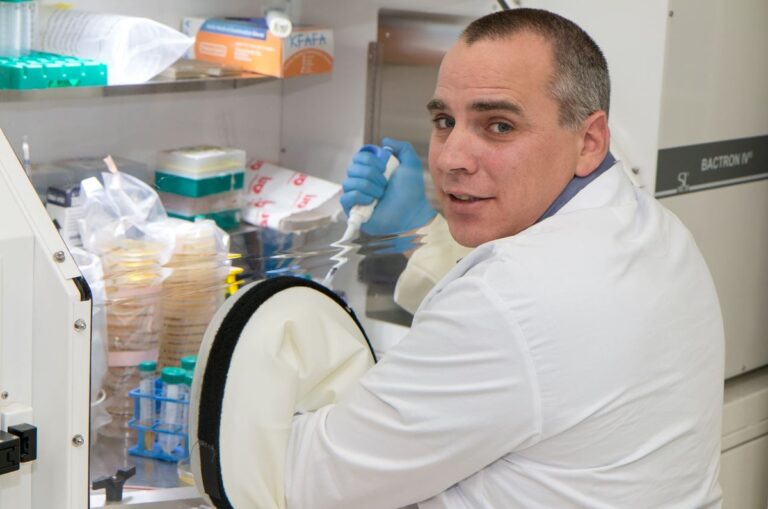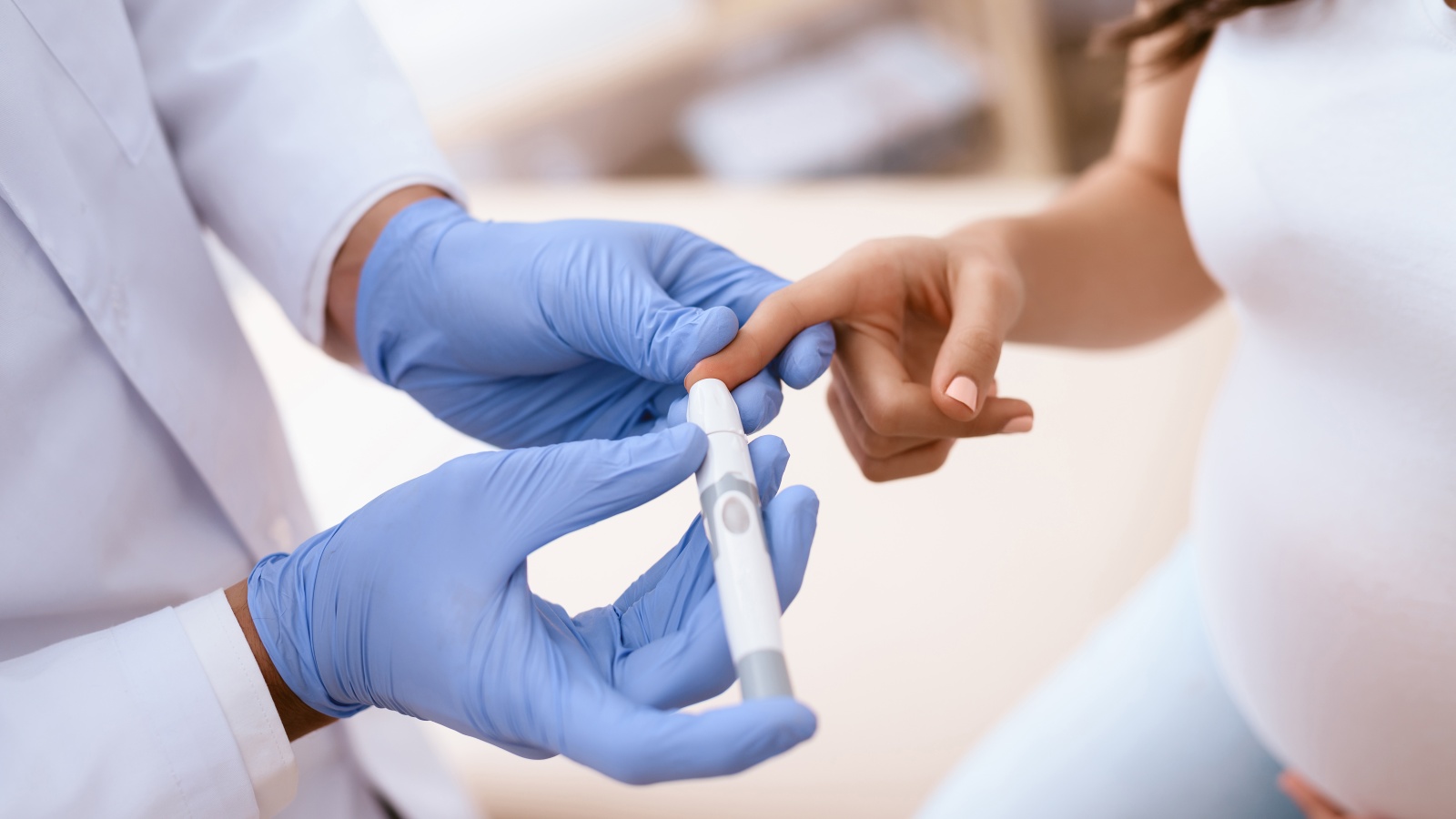Gestational diabetes is a major concern in pregnant women, affecting around 10 percent of women worldwide. The condition causes high blood sugar that can pose health risks to mother and child.
Currently, gestational diabetes is diagnosed in the second trimester of pregnancy. A new Israeli study is one of the first to show reliable prediction months beforehand by analyzing differences in gut microbiota.
In a study recently published in the journal Gut, researchers led by Prof. Omry Koren from Bar-Ilan University collected fecal and serum samples from women at the beginning of their pregnancy.
According to the researchers, looking for inflammatory markers reveals marked differences in the first trimester gut microbiota of women who do and do not later develop gestational diabetes. Women who develop gestational diabetes exhibit higher inflammation and lower levels of beneficial metabolites.

The microbiota, metabolite, inflammation, and hormone profiles of the samples were characterized, while diet, smoking and other lifestyle habits were recorded, and clinical data was compiled from digital health records.
Using all this information, the researchers built a machine-learning model that can predict which women would develop gestational diabetes.
They then demonstrated in animal models that transferring the first trimester feces of women that went on to develop gestational diabetes results in transfer of the diabetes phenotype to germ-free mice, suggesting that the gut microbiome has a role in mediating disease development.
“Recognition of women at risk of gestational diabetes at an early stage of pregnancy may allow specific recommendations for prevention of the disease – currently by lifestyle modification and in the future perhaps by specific pre-, pro-, and postbiotic supplementation,” Koren explained.
Fighting for Israel's truth
We cover what makes life in Israel so special — it's people. A non-profit organization, ISRAEL21c's team of journalists are committed to telling stories that humanize Israelis and show their positive impact on our world. You can bring these stories to life by making a donation of $6/month.








